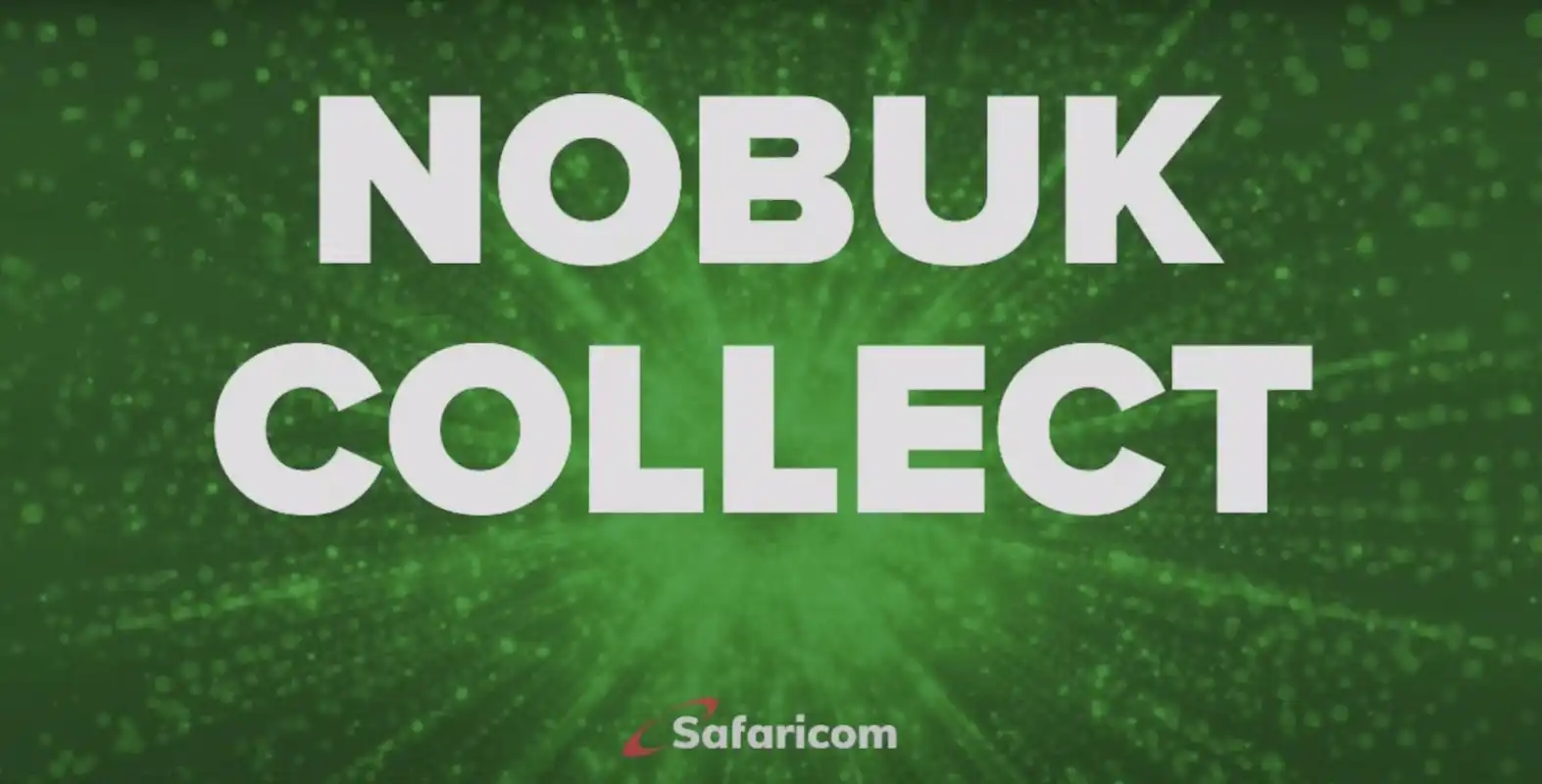At the recent Safaricom Spark Accelerator Demo Day, Kenyan startup Nobuk took the stage sharing their mission to bring order to the chaos of community finances across Africa.
Co-founded by Elvis Bando, Nobuk is a payments reconciliation platform made to help groups from apartment associations to chamas and welfare clubs automate their collections, manage records and generate shareable reports.
“We’re building the financial operating system for Africa’s 50 million communities,” said Bando during his presentation. “Today, record-keeping for these groups is messy and unreliable. Nobuk wants to fix that.”
The Problem: Community Finances Are a Mess
Across Africa, millions of community groups collect and manage funds every month, service charges for apartments, welfare contributions, chama savings, family group remittances. But tracking who paid what, when, and for what purpose often falls to an overwhelmed treasurer, usually communicating manually over WhatsApp.
With no structured system, payments slip through the cracks. Less than a third of transactions are properly recorded, making year-end reconciliation a guessing game.
This is where Nobuk comes in.
Seamless Non-Custodial Reconciliation
Nobuk provides a simple platform where community treasurers can create a collection link for different payment needs such as rent, welfare, insurance, etc.. Members receive this link via WhatsApp and there is no need to download any app. Thery then make payments directly to designated bank accounts, PayBills, or tills.
Nobuk doesn’t hold the money. It simply tracks and reconciles all payments automatically, sending real-time updates and generating reports accessible to the admin and members.
Key features include:
- No new app required – members use WhatsApp or a web link.
- Non-custodial – funds go directly to the intended bank account.
- Automated reports and statements – no more manual tracking.
- Supports both collections and disbursements
“Communities love that they can finally organize their finances without the stress of chasing people down or updating messy spreadsheets,” said Bando.
Why It Matters
Nobuk’s approach also creates an accessible digital trail. Financial institutions from banks to insurers to micro-lenders can get credible, real-time data on group finances. This opens doors for communities to access better services and financial products in the future.
Plus, with about 2.7 million communities across Africa today, from chamas to welfare groups, Nobuk’s market opportunity is massive. The startup aims to capture at least 10% of that market over the next three years, unlocking around $24 million in revenue annually.
But beyond just community groups, the bigger opportunity Nobuk is eyeing is reconciliation at scale, working with larger institutions like credit reference bureaus and beyond.
Growth Plans for Nobuk
Despite being just over a year old, Nobuk has helped communities collect over $750,000 during its pilot phase under the Safaricom Spark Accelerator. So far, growthh has been mostly organic and driven by users sharing collection links within their networks. The startup revealed that 94% of current customers joined after participating in a community already using Nobuk.
Nobuk is not actively fundraising but is instead focusing on refining its business model and building a solid foundation before scaling further. However, Bando noted they are open to strategic conversations with investors who are aligned with their long-term vision.
Also Read: How Kenya’s FaidiHR Is Solving Africa’s Payroll Chaos While Eyeing the $10 Billion Opportunity

